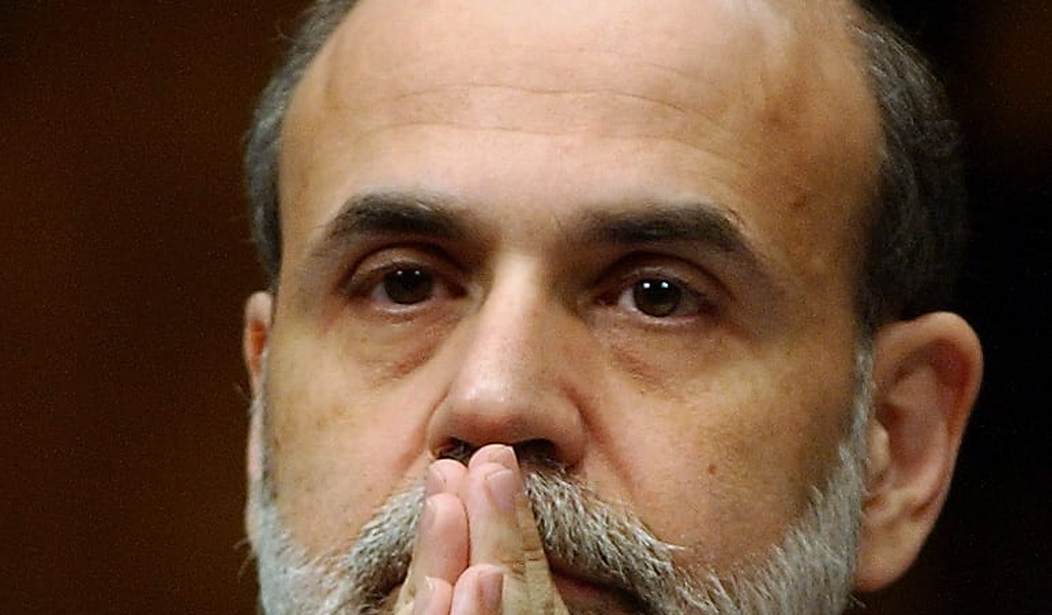Former Federal Reserve Chairman Ben Bernanke downplayed calls for deficit reduction, arguing that there is no reason for Congress to take any draconian steps on federal spending.
Pointing to the sequester, Bernanke explained that it was “wrong” to try correcting the deficit in the “very short run” because it could have created problems in the “long run” related to preparedness and canceling defense systems that were “midway.”
“There’s nothing in our deficit prospect that should make us distort our defense planning in the near-term, and we should be making our decisions based on medium-term considerations based on what makes the most sense for efficiency in terms of achieving our objectives,” Bernanke said at a Brookings Institution discussion on defense spending’s impact on the economy.
“There’s no reason for taking draconian steps right now that will have long-run costly implications for our defense posture just for deficit reasons. The deficit is a longer-run issue,” he added.
According to the Treasury Department, the federal government ended the fiscal year 2014 with a $483 billion deficit. The national debt stands at $18 trillion.
Bernanke, who served as Fed chairman from 2006-2014, said America’s deficits pose long-term issues.
“They’re not short run. The debt-to-GDP ratio is now about 75 percent and the Congressional Budget Office projects that in 10 years it will be about 77 percent, so it’s going to be pretty flat,” said Bernanke, distinguished fellow in residence at the Brookings Institution.
“In the next few years deficits are down now to about 2.5 percent of GDP, which is pretty low. So we’re not looking at a big increase in the deficit over the next 10 years or so,” he added.
After 10 years, Bernanke said, the deficit and national debt would start increasing more significantly.
He told the audience that the projections of “big increases” in the nation’s deficit 10 to 20 years down the road are mostly tied to healthcare costs, Medicare and Medicaid.
“One of the great aphorisms about the federal government is that the federal government is basically an insurance company with an army. It’s the insurance part that’s the costly part,” he said.









Join the conversation as a VIP Member